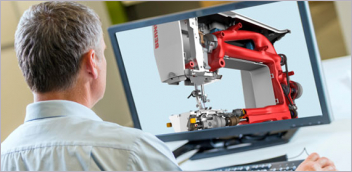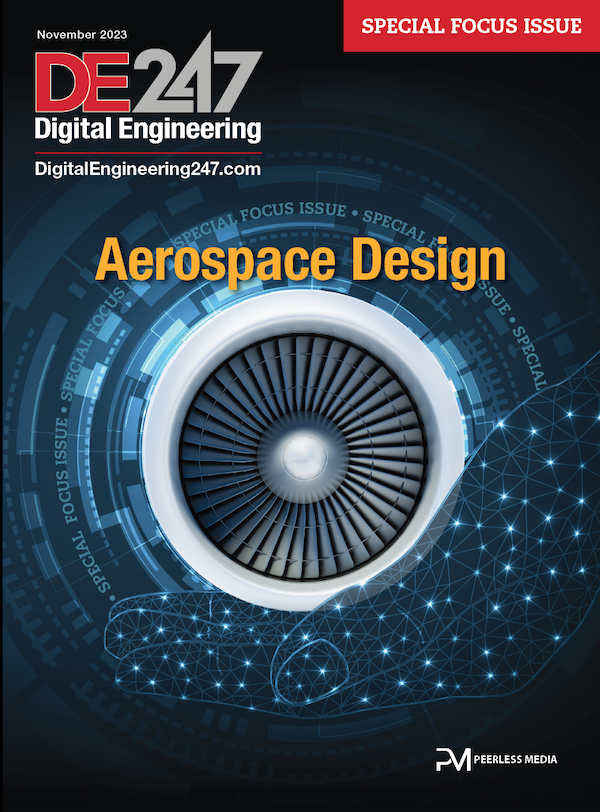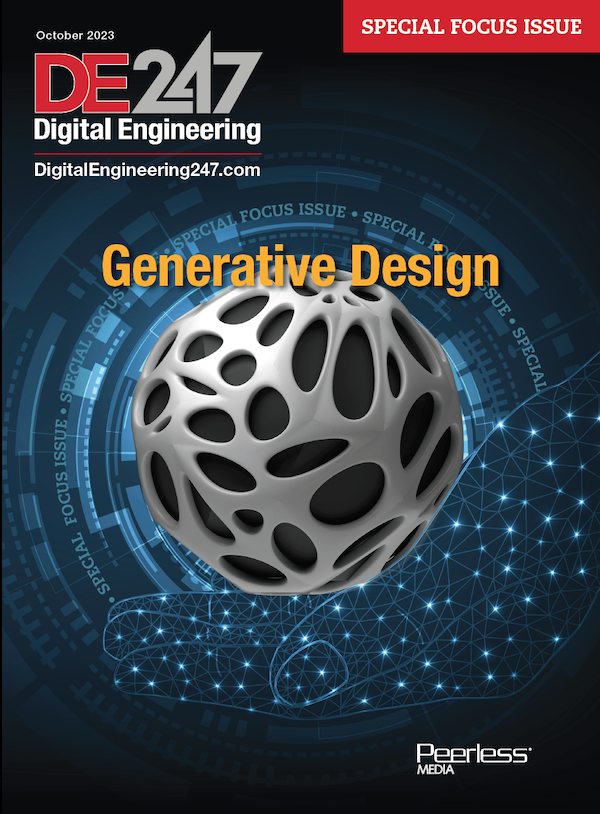
This competition aimed at harnessing the passion of young leaders, providing a platform to show how their ideas can make a difference. Images courtesy of Jim Romeo.
Latest News
October 2, 2023
The Circular Plastics Case Competition grew out of a partnership between Hillenbrand—a global provider of processing equipment and systems used in recycling, production of durable plastics and food—and Net Impact, a nonprofit membership organization for students and professionals interested in using business skills to support social and environmental causes.
The competition sought to bring out the next generation of innovators as they rethink the challenges of the plastics value chain from creation to collection. Soon after they announced the partnership, The Coca-Cola Company approached them to join the initiative by serving as a co-sponsor.
Participants were prompted to answer: “How might we rethink the plastics supply chain to improve material circularity to keep plastics in the economy and out of the environment?” From there, participants were tasked with formulating detailed business models that included solutions for packaging to waste collection systems.
Tory Flynn is the chief sustainability officer and vice president of corporate affairs at Hillenbrand. We spoke to Tory to learn more about this competition. Here’s how our conversation went:
Digital Engineering:: Can you provide an overview of the competition, how it came to be, and the intent of the program? Who will be participating or who has participated?
Tory Flynn: I was reviewing final-round candidates for an internship at Hillenbrand and one highly qualified candidate shared that they were not sure if they wanted the internship because they did not want to work for a company that was part of the plastics value chain.

The first-place team was an Indian-based startup called Ashaya, which is turning post-consumer multi-layer plastic found in chips packages into new products, starting with recycled sunglasses.
I went on to explain that plastics are an enabler of many sustainable practices. From preserving the shelf life of food to the medical devices used worldwide, plastics remain indispensable to our economy and have a place in our future. Therefore, we must focus on advancing sustainability within the plastics value chain. I asked if they could remove themselves from the plastic-judgment sidelines and join our team to help find a solution. They have since joined our company and [have] begun researching partnerships to help us do just that.
Around this same time, our president and CEO Kim Ryan launched our company’s purpose, “Shape What Matters for Tomorrow,” which set a high bar for associates to connect daily actions to something bigger than us. She encouraged the company to think differently, innovate more and engage differently. When Purpose launched, we needed to apply systems thinking—embarking on a path toward a strategic, big-picture way of thinking to “Shape What Matters for Tomorrow.” We had to do this to encourage the next generation of leaders to work with us and innovate in new ways.
With purpose, sustainability and innovation in mind, Hillenbrand brought the concept for the Circular Plastics Case Competition to Net Impact, an organization [that] the intern mentioned earlier proposed we partner with, in 2022. Our goal for the competition was to bring together the next generation of innovators to rethink the challenges of the plastics value chain from creation to collection. Shortly after we announced the partnership, The Coca-Cola Company approached us to join the initiative by serving as a co-sponsor.
DE: Can you tell us about some of the designs that are part of the event and how they came to be?
Flynn: As I saw the final presentations, I remember thinking, “This is what the future looks like.” The creative approaches applied systems thinking to look for the greater good.
Our five finalist teams consisted of a group from Tanzania who created a new concept for vending machines to collect waste, and a group in Spain who looked to tackle plastic packaging one toilet paper roll at a time. In Ghana, they worked to connect communities to collect garbage and turn it into goods. And in the U.S., a team looked at rethinking plastic waste at restaurants.

The Circular Plastics Case Competition sought to bring out the next generation of innovators as they rethink the challenges of the plastics value chain from creation to collection. The Coca-Cola Company now serves as a co-sponsor.
The first-place team was an Indian-based startup called Ashaya, which is turning post-consumer multi-layer plastic (MLP) typically found in packets of chips into new products, starting with recycled sunglasses. The startup aims to increase the value of waste through technological and scientific innovations in recycling and then fairly redistribute that value to stakeholders in the supply chain, especially those who are the poorest: waste pickers, the website states. Ashaya estimates that their lab has scaled to process more than 2,500 kg (about 5,511.55 lbs.) of plastic waste annually.
All finalists used this competition and their platform to help change the world and drive a circular economy.
DE: Anything else you’d like to tell us about the event that the above questions haven’t given you the opportunity to express?
Flynn: This was our first year hosting the Circular Plastics Case Competition, and we were amazed by the response. The competition drew more than 50 submissions and contestants from 10 different countries around the globe. Twenty-three percent of submissions came from undergraduate students, 35% from graduate students and 35% from professionals. To date, the competition garnered some of the most interest Net Impact has seen, showing that plastics can provide a forum for attracting diverse, global talent to innovate.
While Hillenbrand is an equipment manufacturer, we are still in the plastics value chain, and we can play an active role in being part of the solution for plastic waste and start thinking of “waste” as “future feedstock.” It has a value—we just need to capture it. The creation of this competition is just one small piece of the puzzle in helping us put this into action.
Any time you give innovation and inspiration to a platform, it has a multiplying factor. As we work to launch a second competition, we are seeing additional interest from more companies and innovators.
This is exciting and much needed as we work to solve some of today’s most pressing issues, and it is crucial to engage all stakeholders in the conversation. The goal of this unique competition was to bring innovative thinkers together to represent the entire plastics value chain to solve, inspire and collaborate. To create a circular plastics economy, we all need to work together and leverage our respective resources to develop solutions that have a real-world impact.
In establishing this competition, we wanted to harness the passion of our young leaders and provide them with opportunities to see how their ideas can make a difference in the world. Through this process, the participants were partnered with mentors in our company to help advise and support them. The creativity and ingenuity of the submissions and the people behind them are important to build a more sustainable future.
Subscribe to our FREE magazine, FREE email newsletters or both!
Latest News
About the Author
Jim Romeo is a freelance writer based in Chesapeake, VA. Send e-mail about this article to DE-Editors@digitaleng.news.
Follow DE





